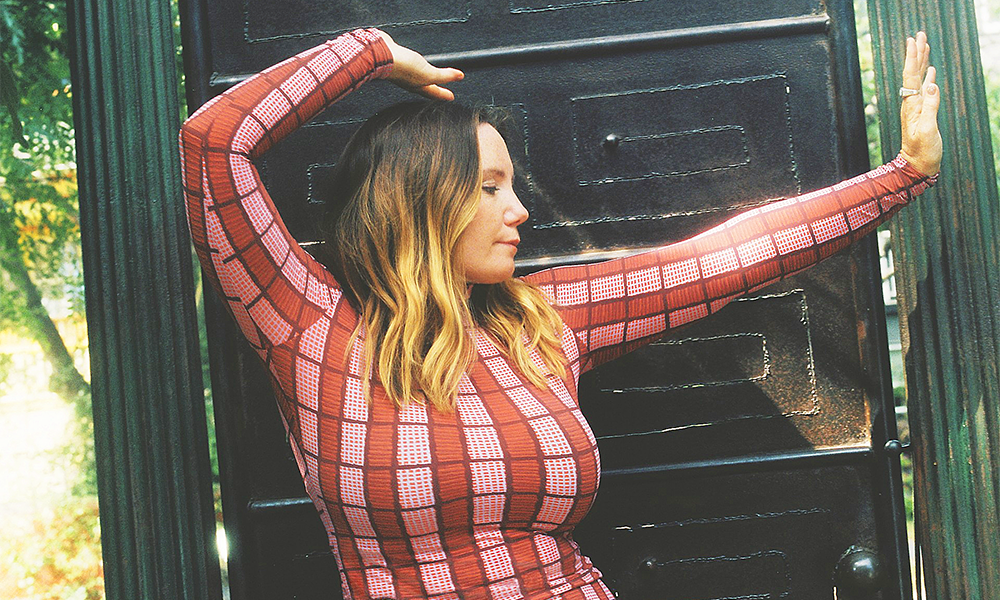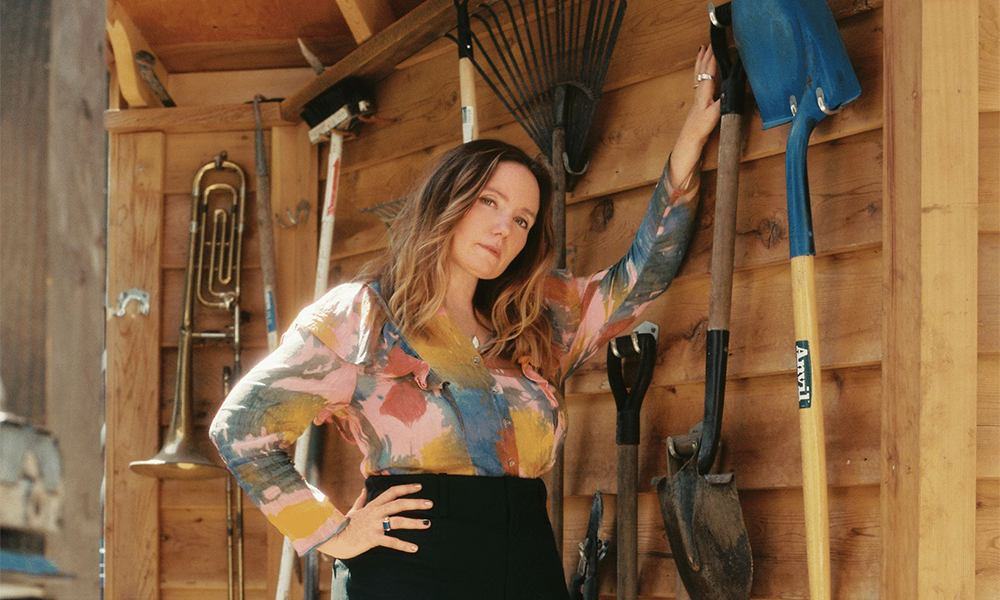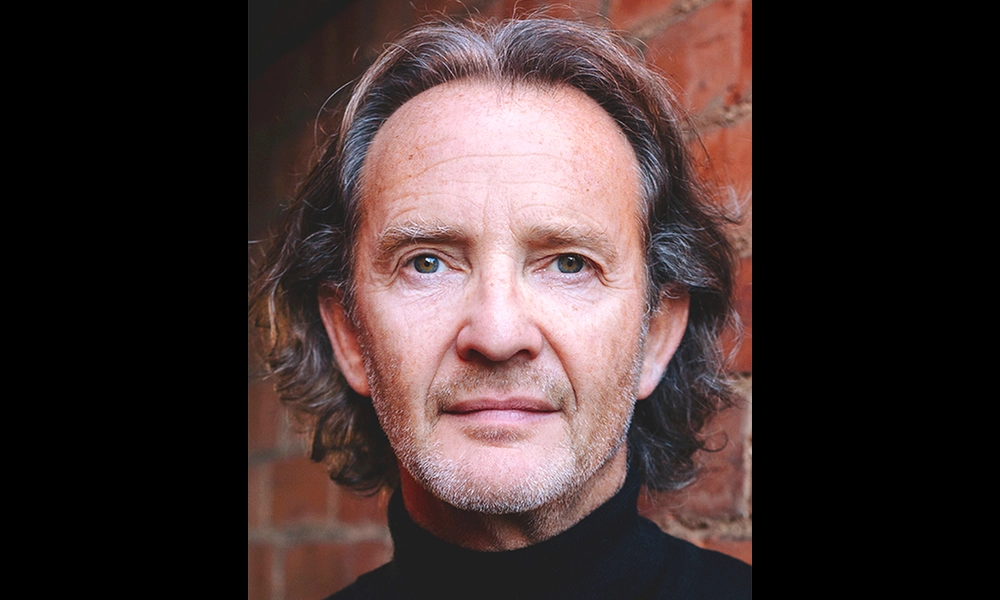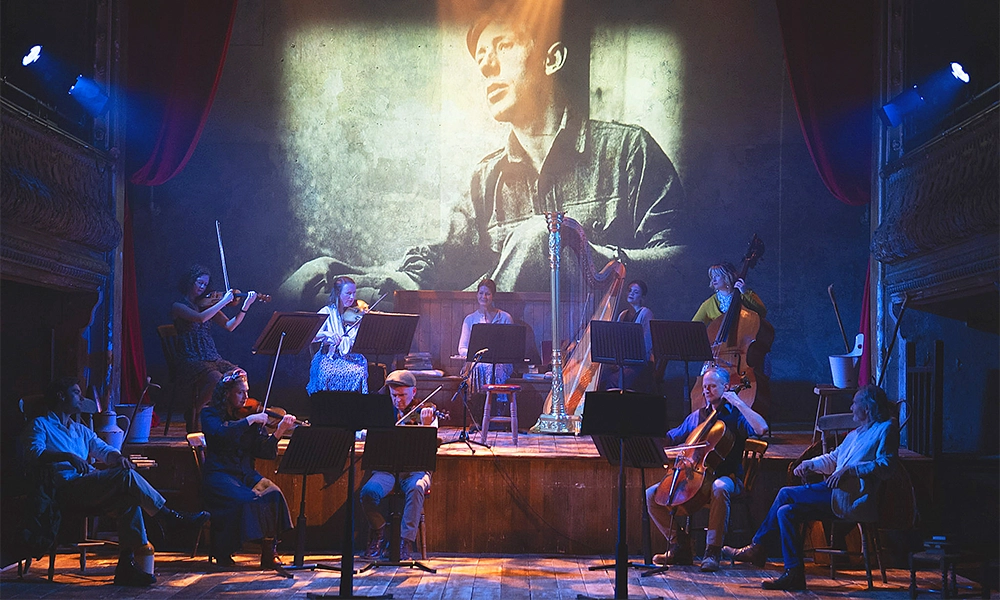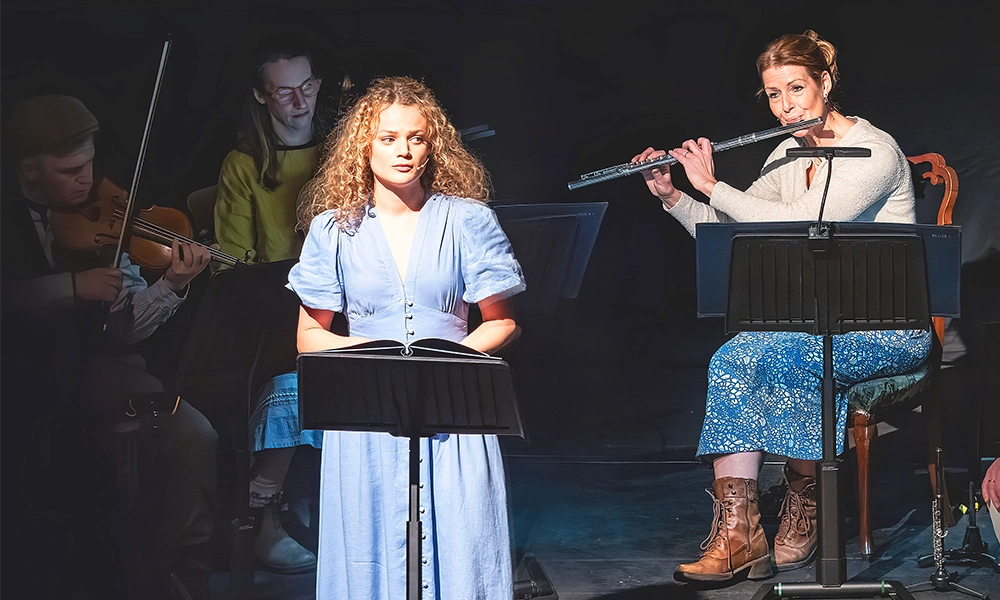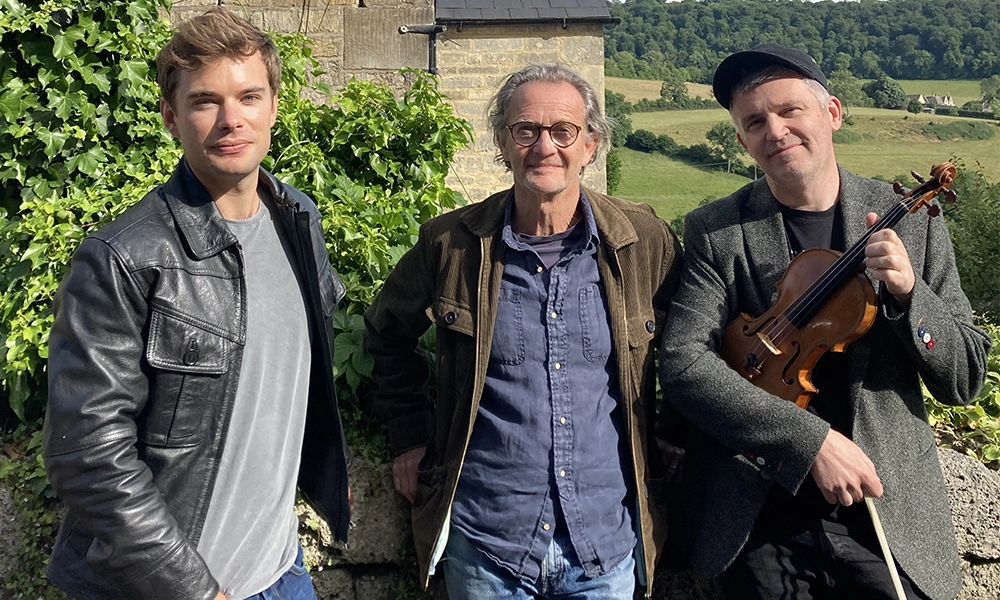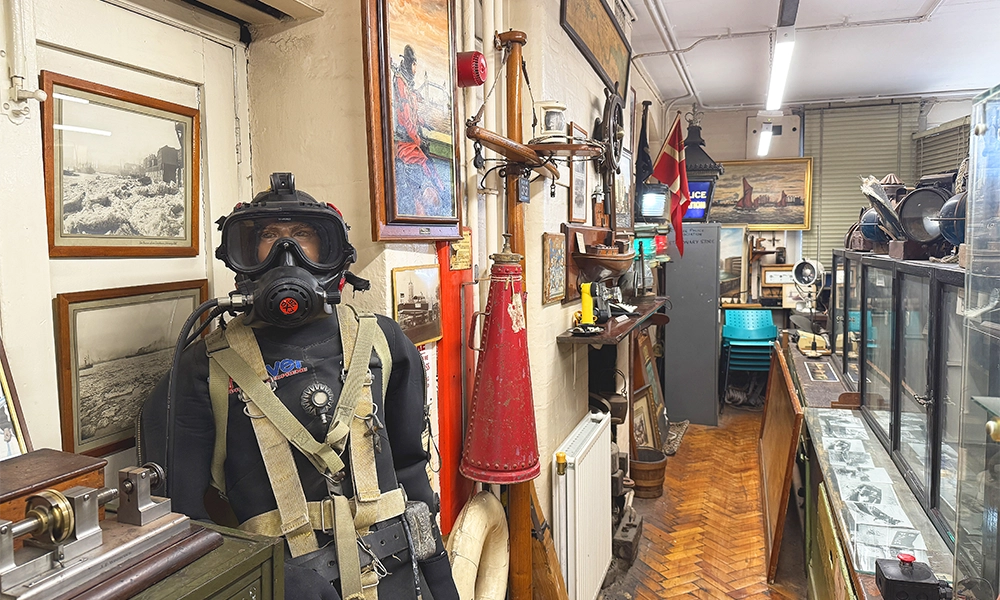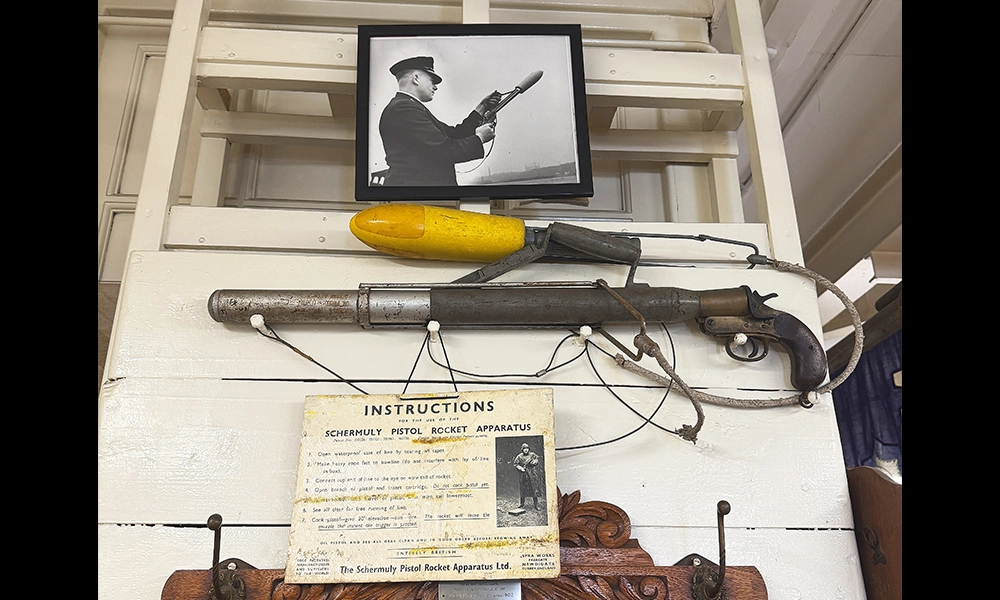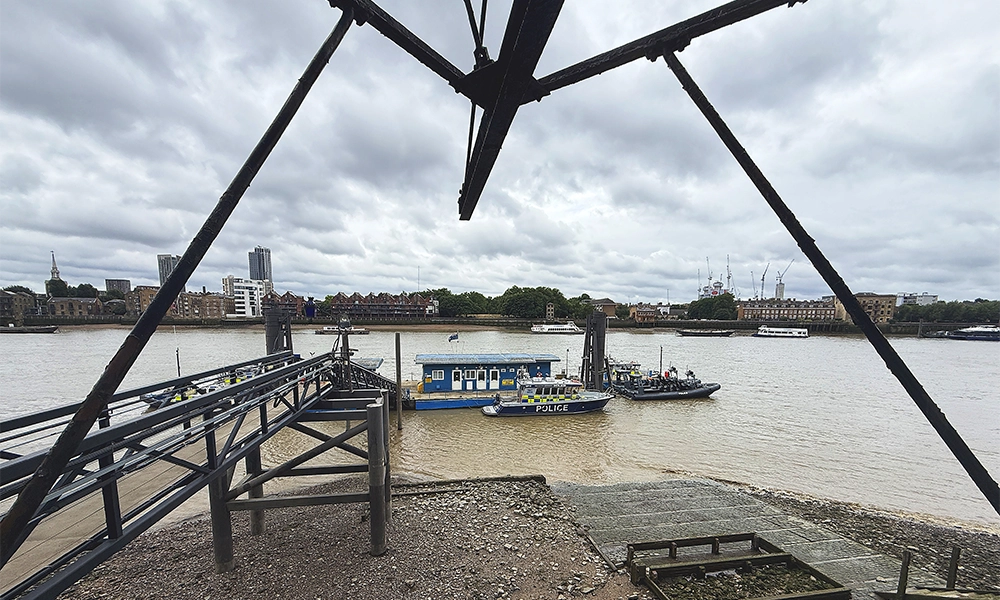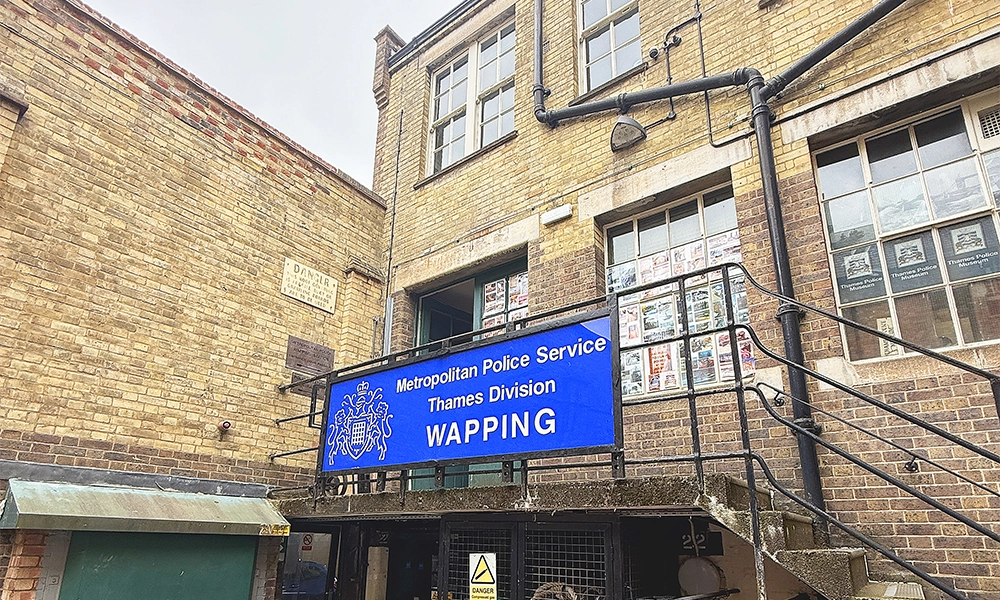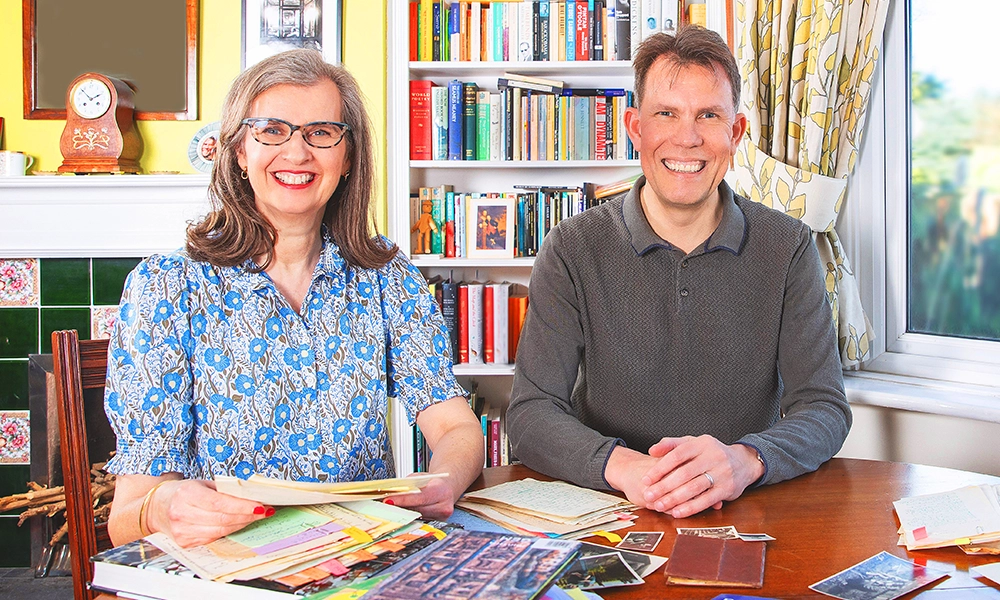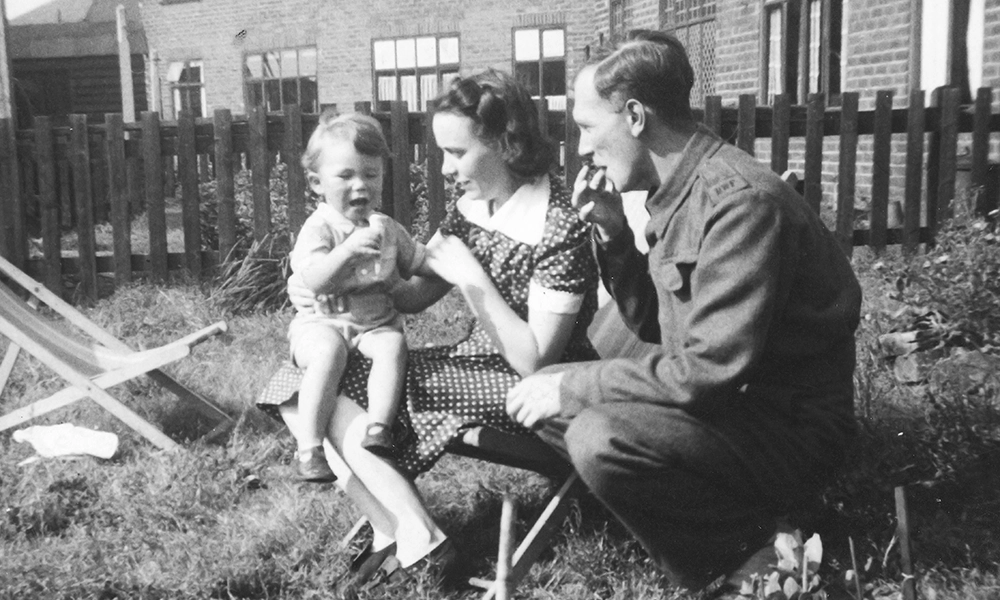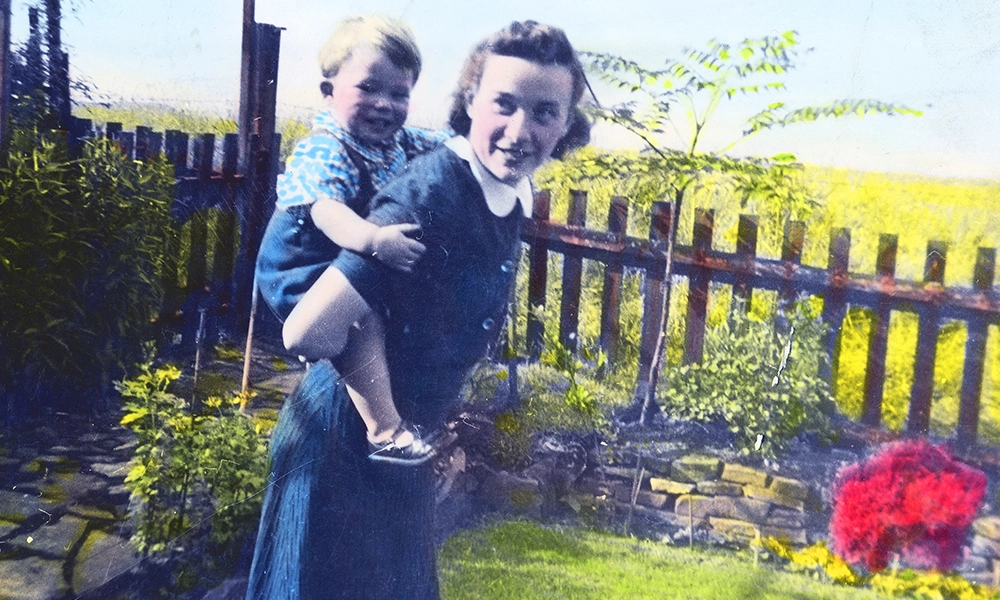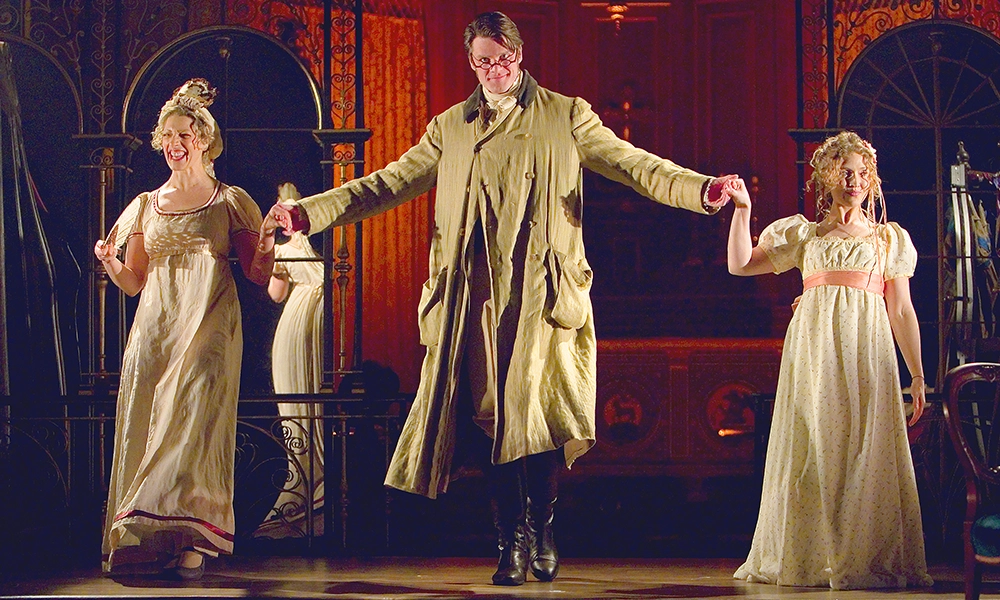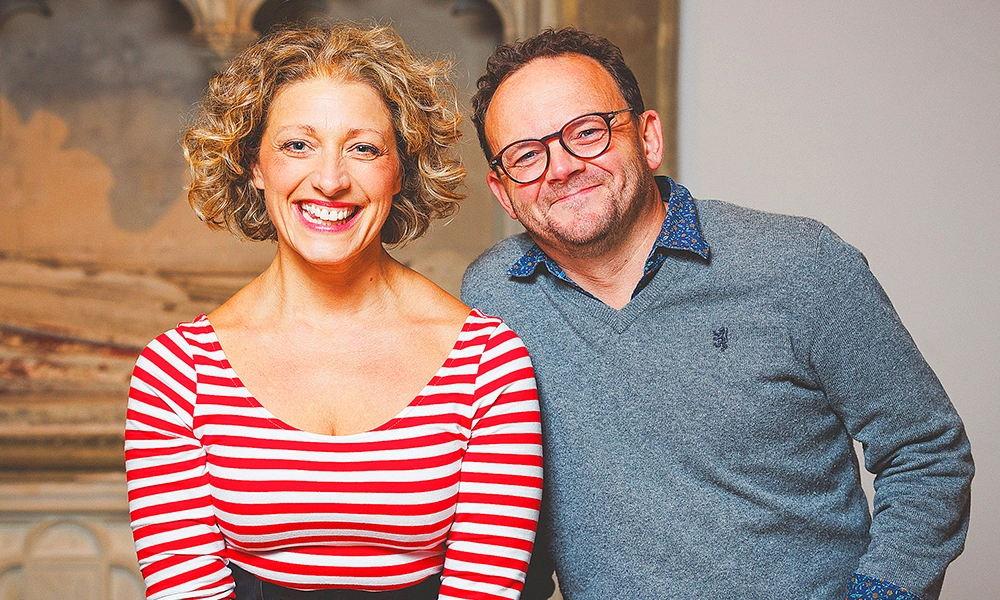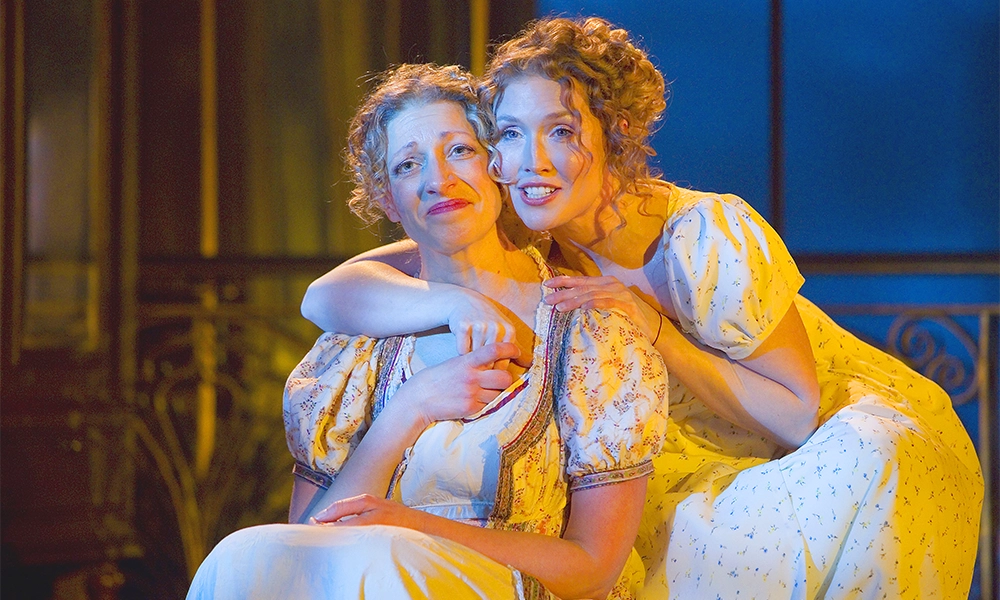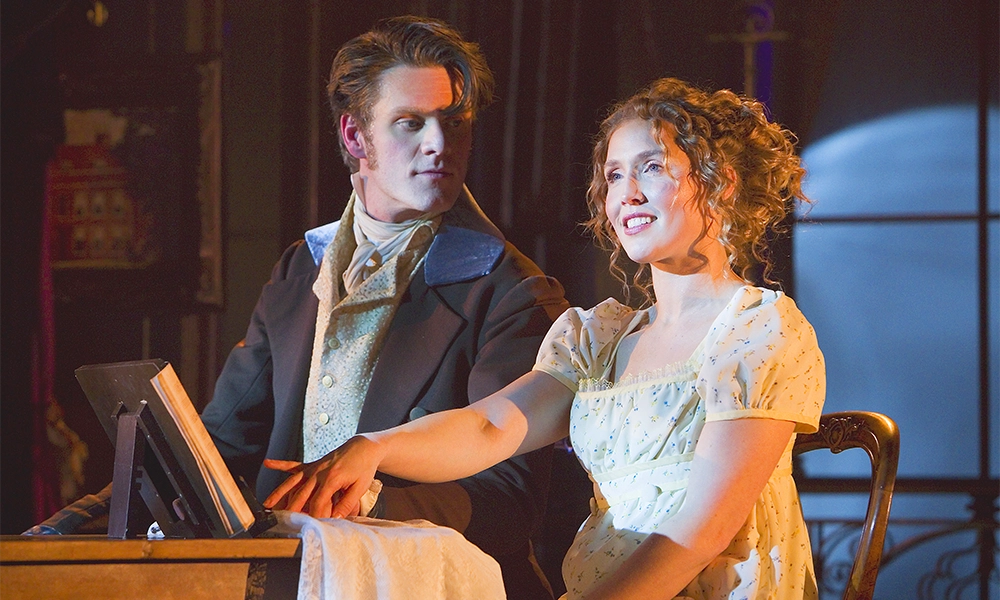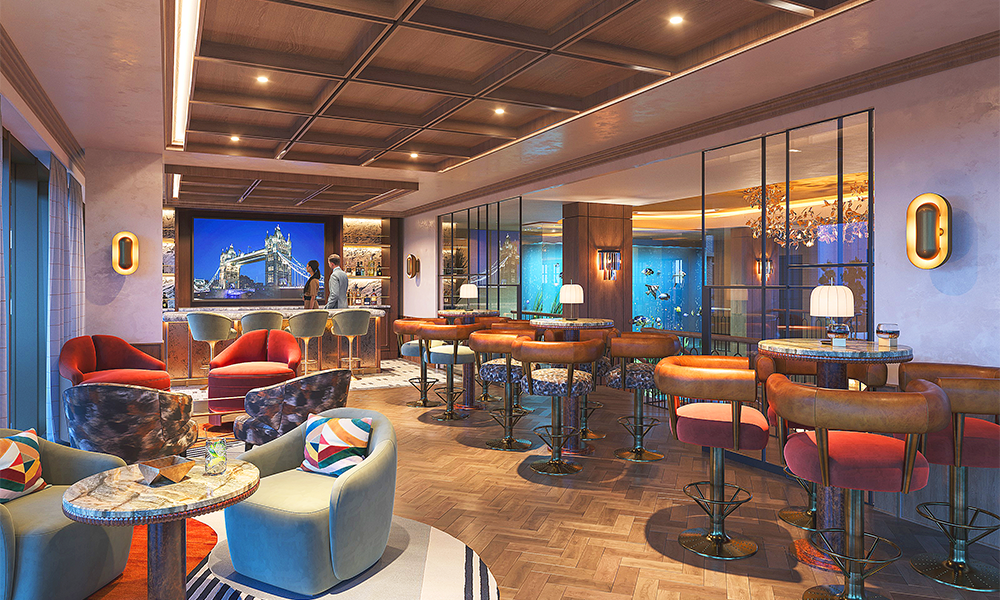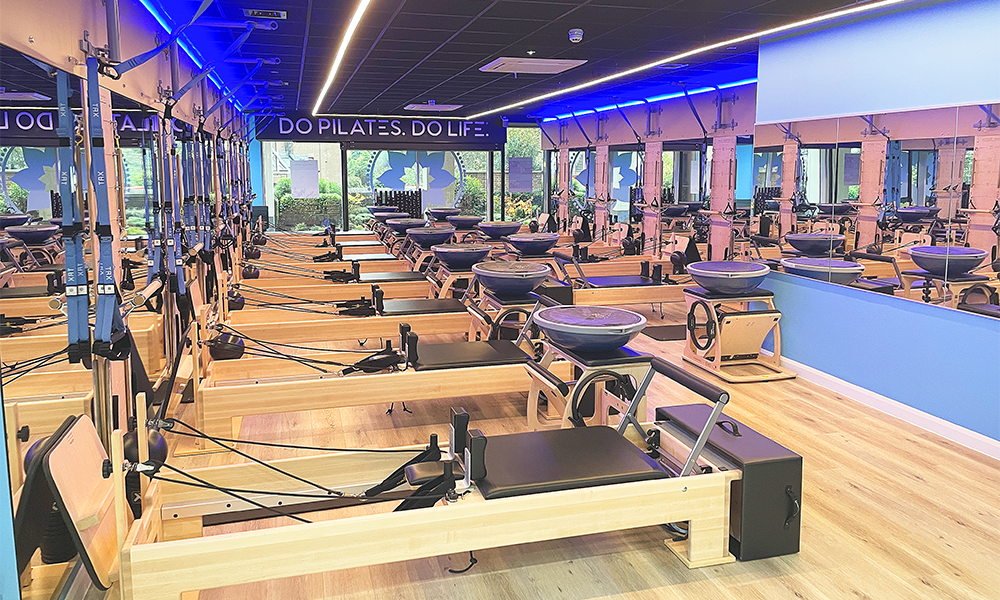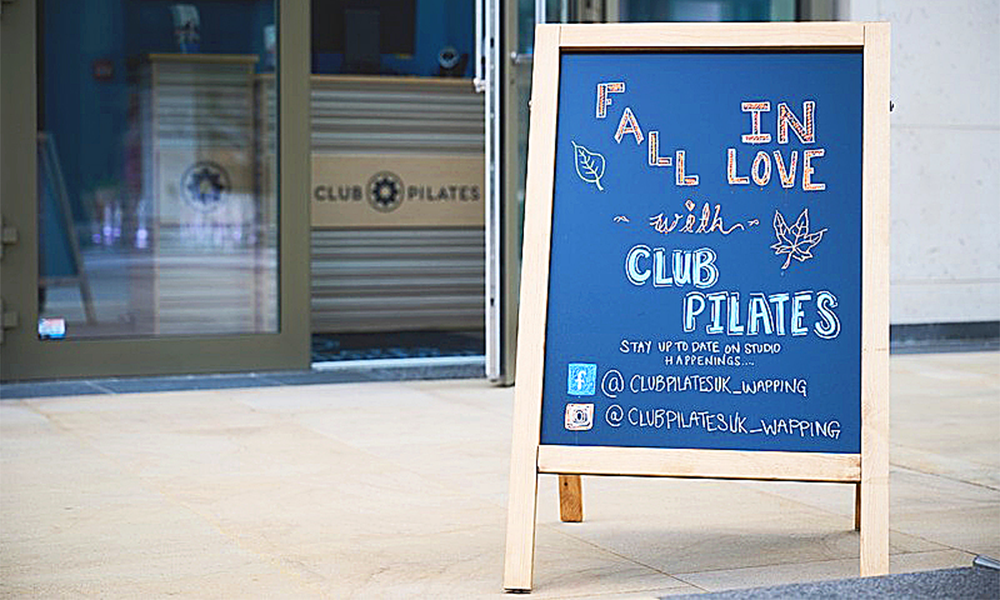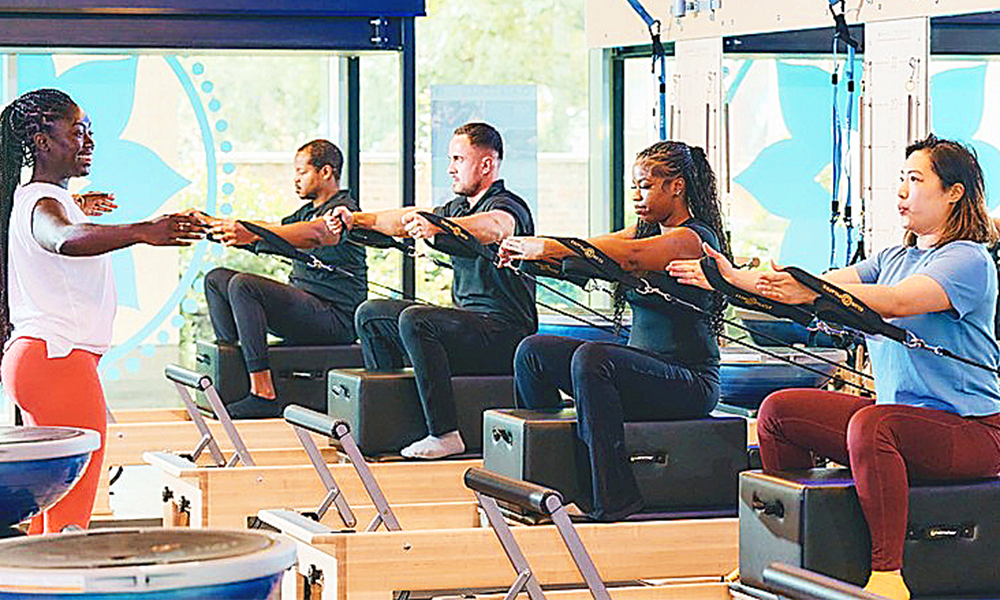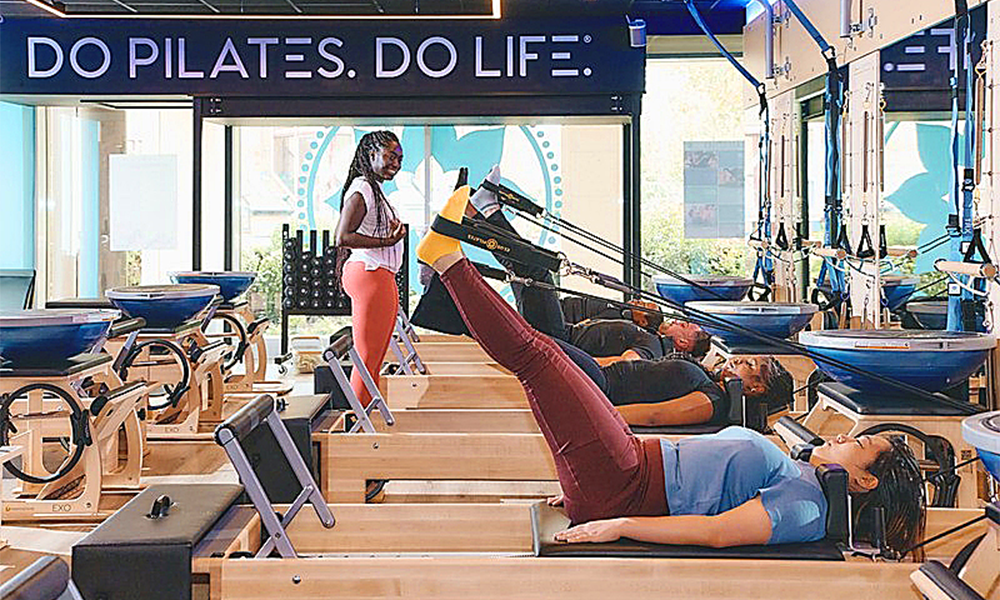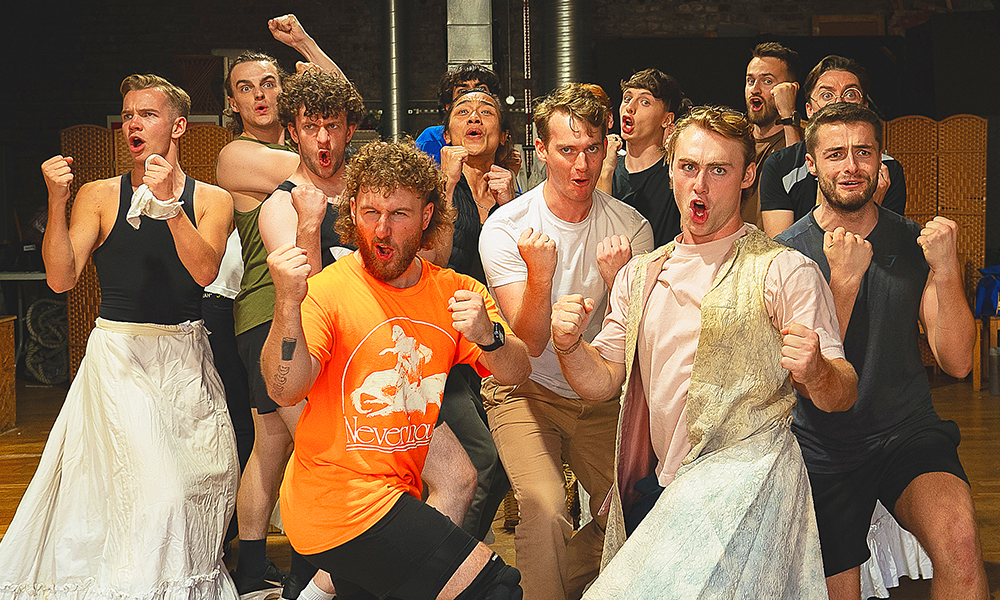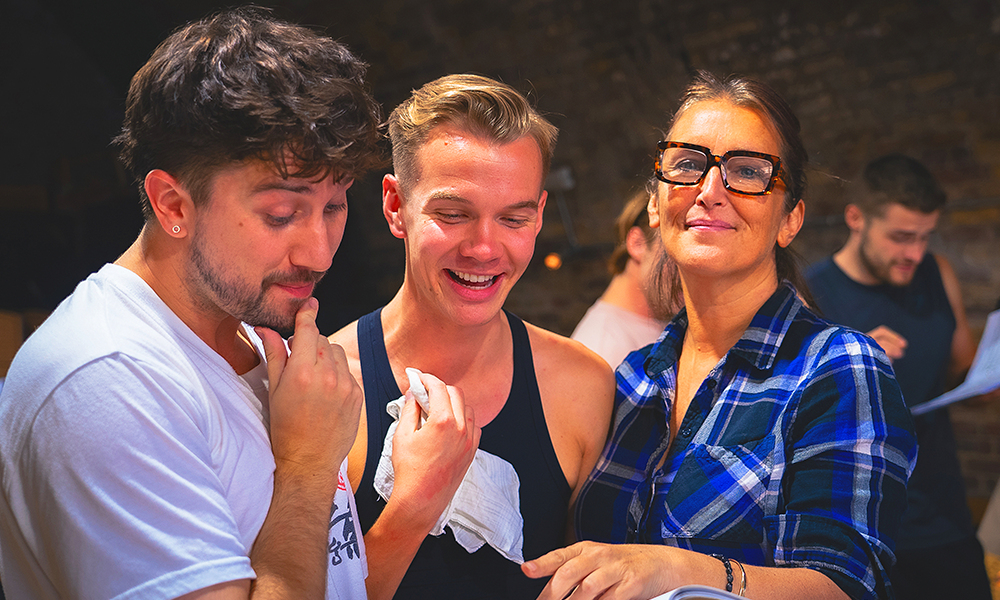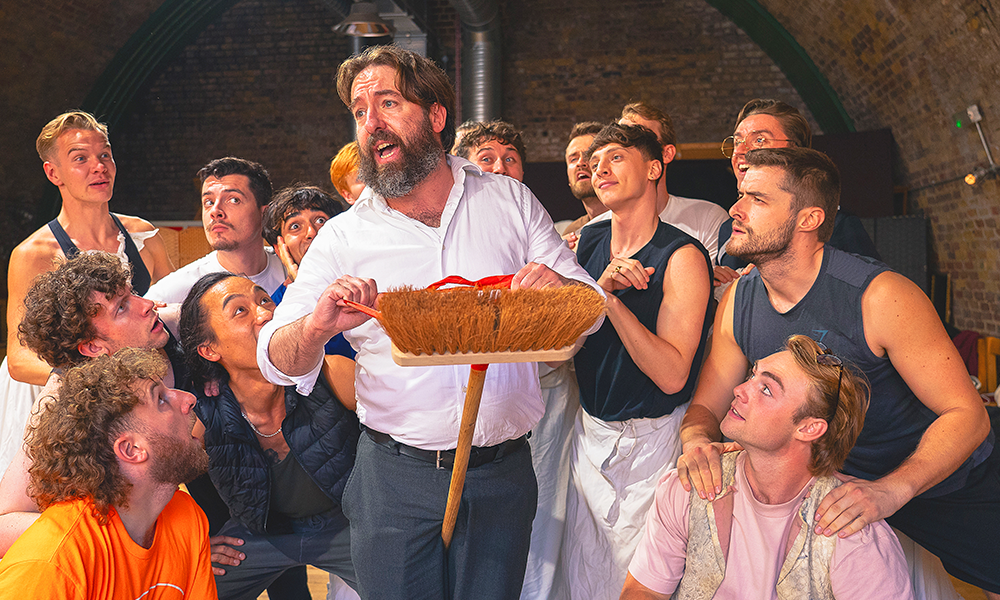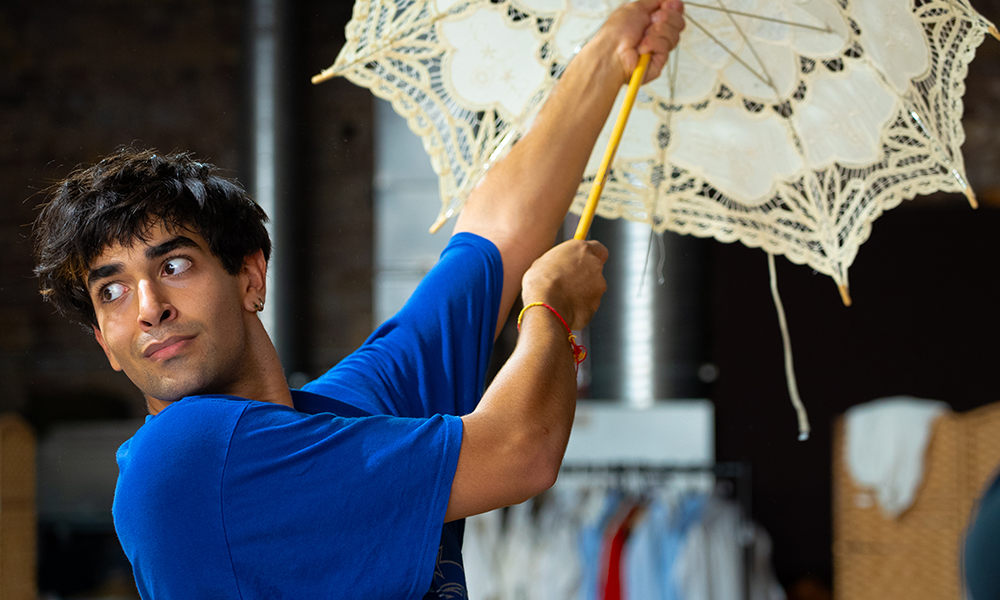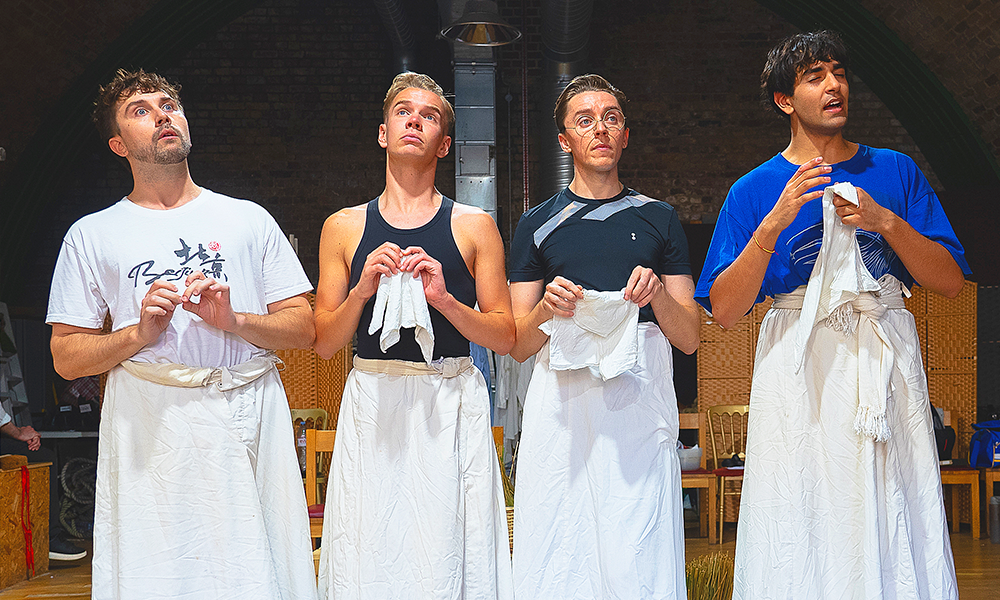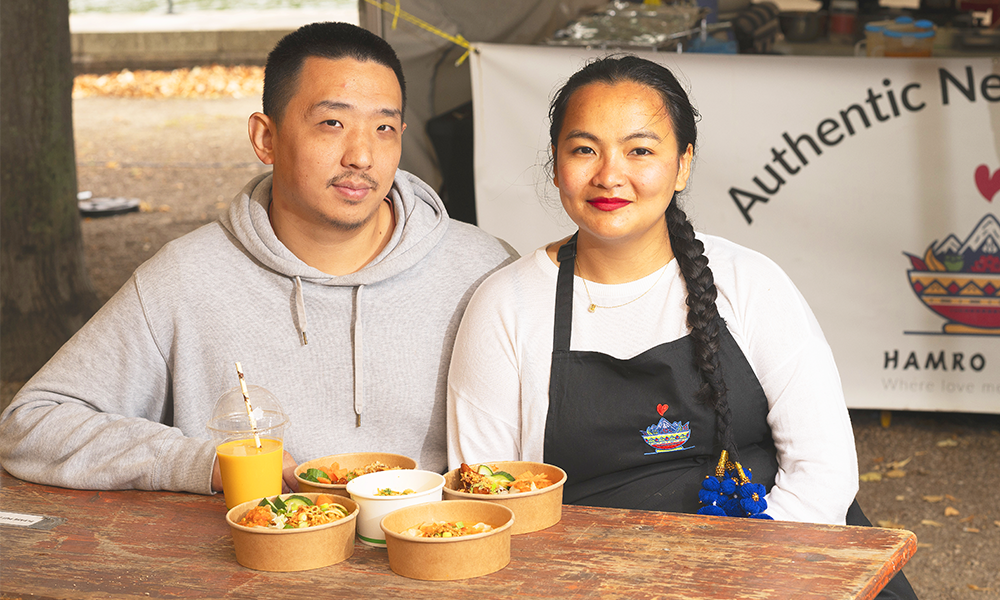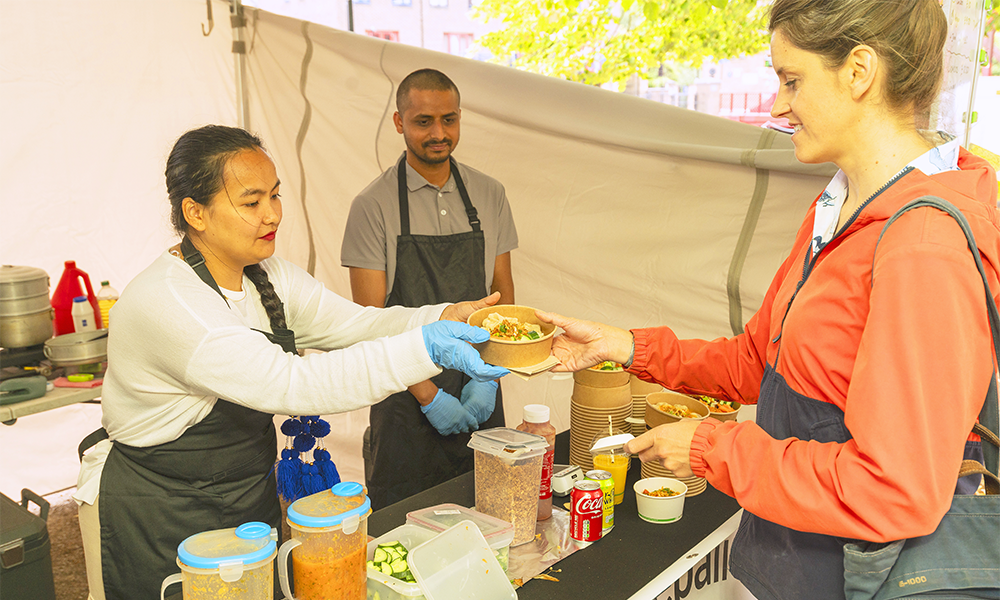St George and Tower Hamlets Council are set to showcase a collection of 16 properties at Saffron Wharf in the former’s Wapping development

Subscribe to our free Wharf Whispers newsletter here
St George is set to showcase 16 properties at its London Dock development over two weekends this month.
The one and two-bedroom apartments are located in the scheme’s Saffron Wharf block close to Gauging Square and are being made available at a below market value discount to qualifying locals.
St George, part of Berkeley Group, is working in partnership with Tower Hamlets Council to offer the properties to borough residents and workers who are looking to buy their first home.
To be eligible, households must earn less than £90,000 with buyers allocated available properties based on their circumstances.
Under the scheme the apartments are jointly owned with the council which retains an equity stake in the property although charges no rent on its holding and this can be bought out.
Owners seeking to sell in the future must first market their property through the authority for a time before they can offer it more widely.

inside the apartments
The apartments all feature open-plan layouts with floor-to-ceiling windows and electric underfloor heating.
Many also feature private balconies or terraces. Interior features include fitted kitchens with graphite-coloured units and white marble-effect worktops plus bathrooms with bespoke wall-mounted basins in mirrored vanity units, black fixtures and fittings and Crittall-style shower screens on the baths.
Saffron Wharf rises to nine storeys at the heart of the development with buyers able to access a host of residents’ amenities.
These include access to The Club with its gym, squash court, virtual golf suite and swimming pool.
There’s also a jacuzzi, steam room, sauna and treatment room as well as a private screening room and a 24-hour concierge service.
The development’s Mauretania Lounge includes a double-height floor-to-ceiling aquarium, spaces to relax, co-working facilities and a private dining room.
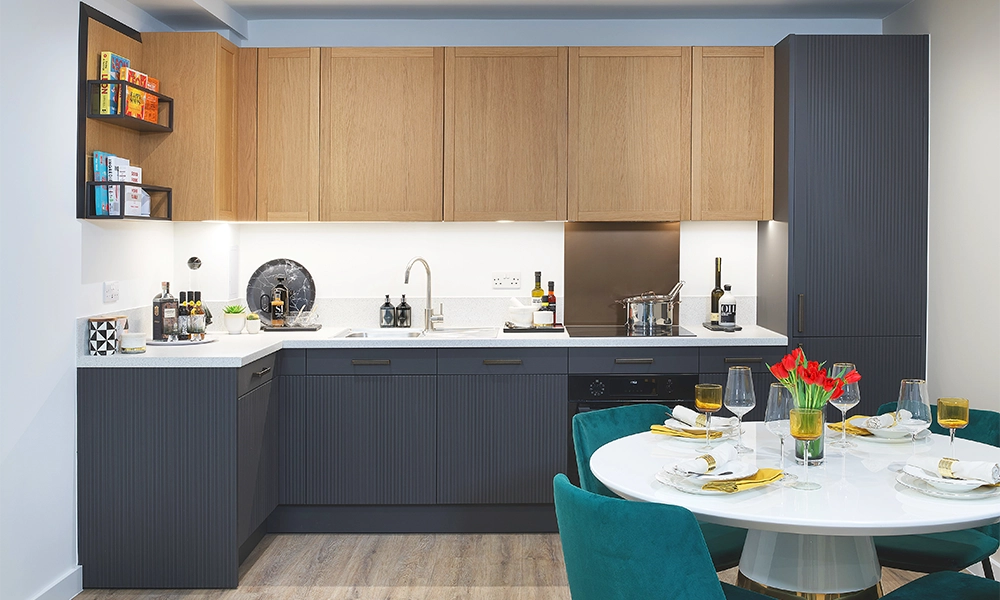
getting on the ladder
Gordon Readman bought his first home at London Dock through the discount market sale scheme.
He said: “When I first started looking to buy, I’d stopped considering new builds because they always seemed out of reach, the prices were either ‘on application’ or ‘to be confirmed’, and never affordable.
“But at London Dock, the discount market sale option made buying possible.
“It’s surprising how quiet and peaceful it can be despite being just minutes from Tower Bridge and the City. I walk to work in Liverpool Street – the location is incredible.”
St George said these final homes at Saffron Wharf were currently available below the current stamp duty threshold and that Rightmove’s figures showed a first-time buyer in London could potentially save £240 per month when taking out a mortgage in comparison to last year at “a positive time for those looking to get on the property ladder”.
London Dock – a development built on a site formerly occupied by the offices of The Times, the News Of the World and The Sun newspapers – is already home to a community of more than 2,000 residents.
The area has also seen businesses open locally including Urban Baristas, Wapping Sourdough Bakery, Motherdough pizzeria and fizz-focused wine bar Champagne Route.
For health and wellbeing there’s E1 Crossfit, Club Pilates and City Dock Pharmacy.
London Dock is well located for public transport with Tower Hill, Wapping, Aldgate East and Shadwell stations within walking distance offering access to the DLR, Tube and Overground services.
Tower Pier – a short stroll through St Katharine Docks past Tower Bridge and the Tower Of London also offers residents the option of travelling by river bus via Uber Boat By Thames Clippers’ vessels.
To be eligible for the discounted apartments, Tower Hamlets residents must have lived in the borough for 12 months or more.
Those working locally must be employed in the borough or have accepted a job there.
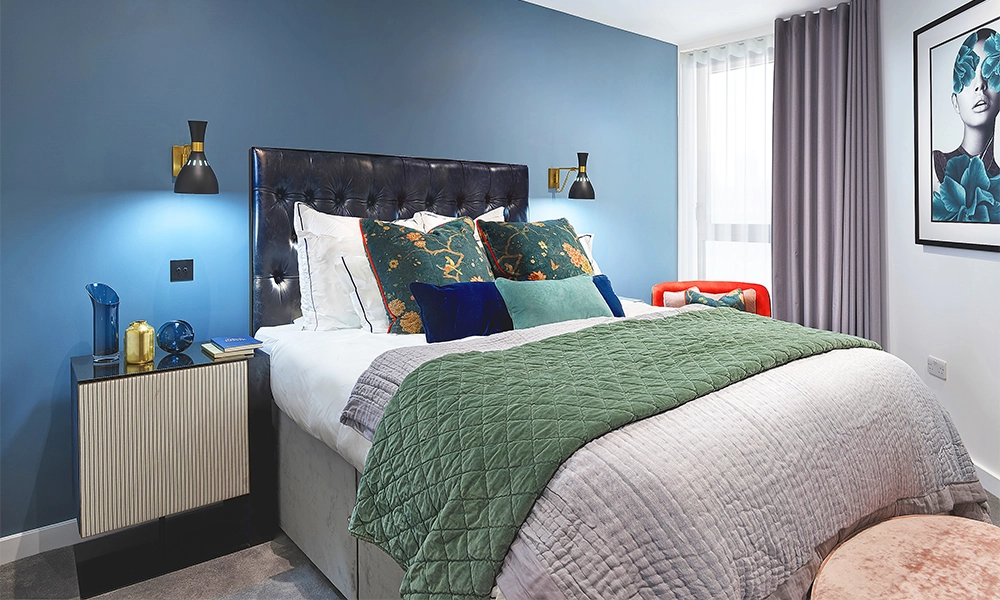
key details: discount apartments at Saffron Wharf
Prices at Saffron Wharf start at £255,000 for a one-bedroom apartment.
Eligibility criteria apply to all of the 16 properties on offer.
Those wishing to attend one of St George’s open weekends on October 18-19 and October 25-26 should book their place online, call 020 3966 6164 or email sales@londondock.co.uk to secure a spot.
Find out more about the events here
Read more: Amazing Grace set to open second location in Canary Wharf




